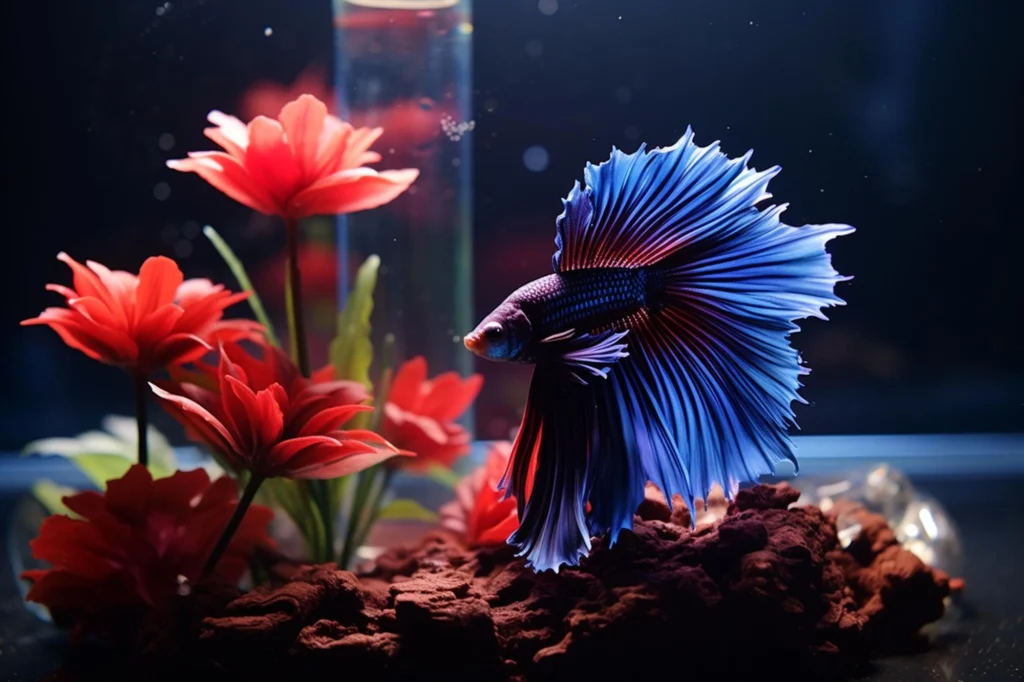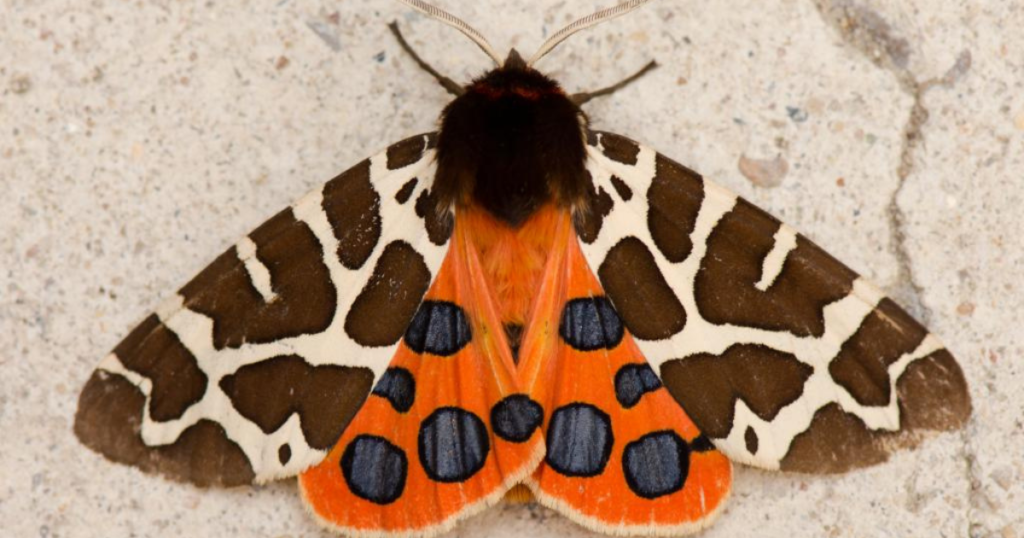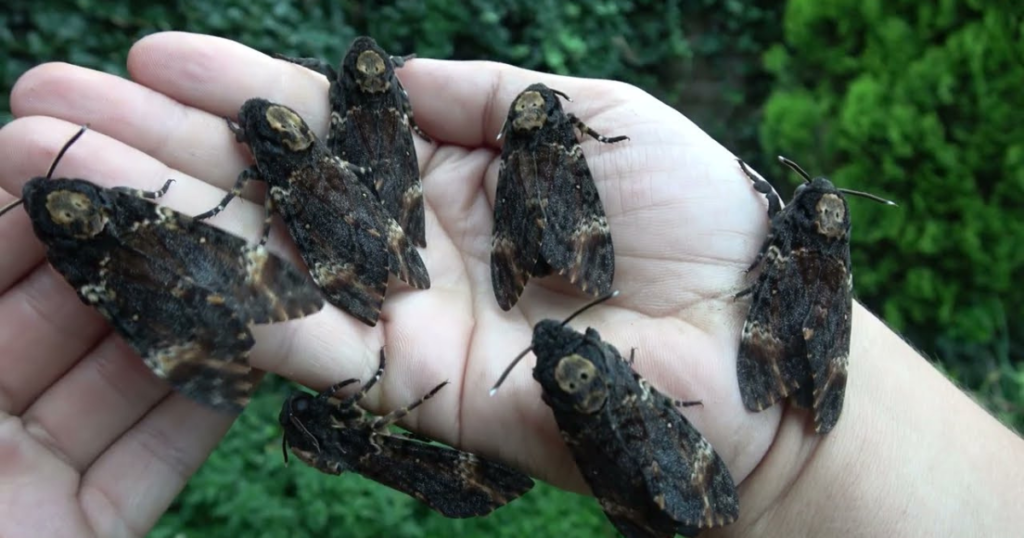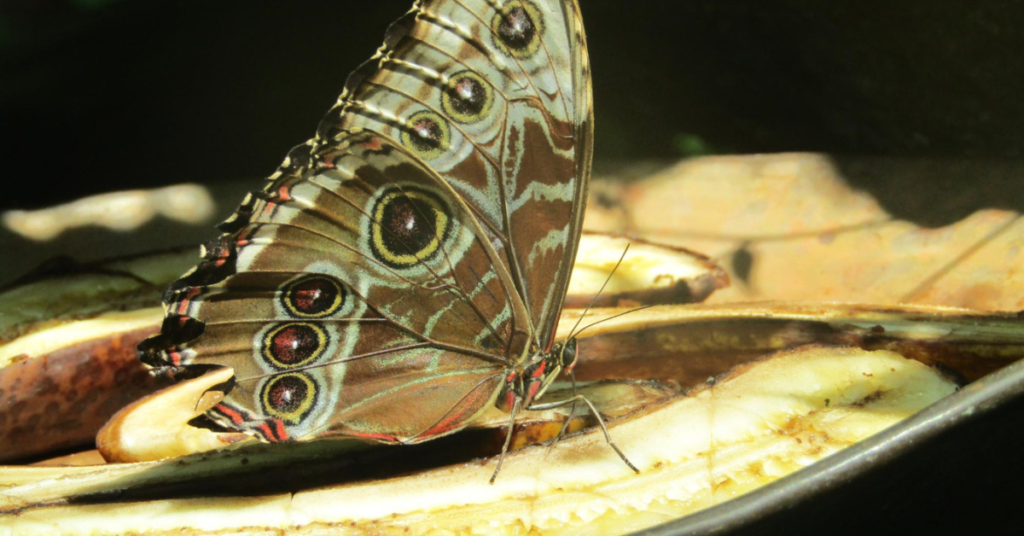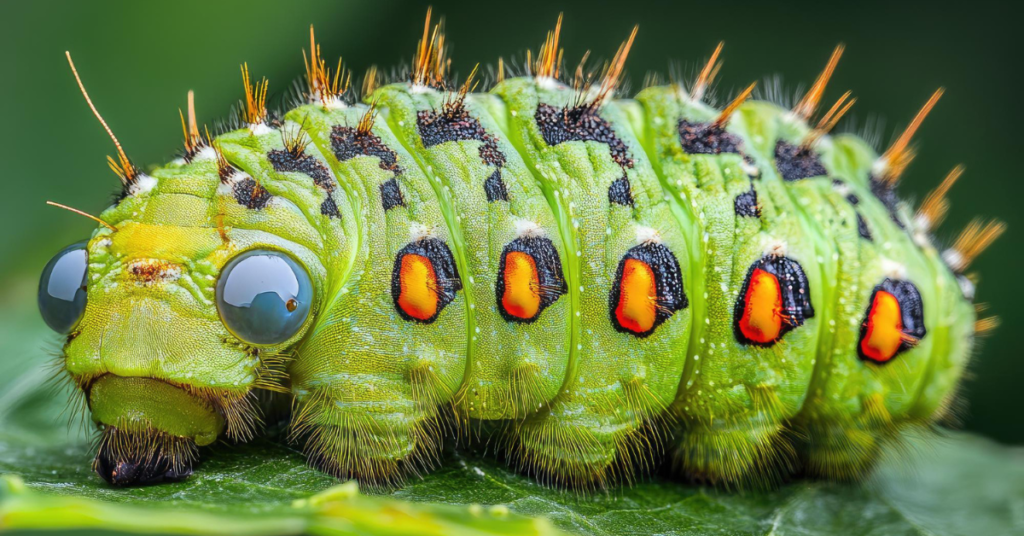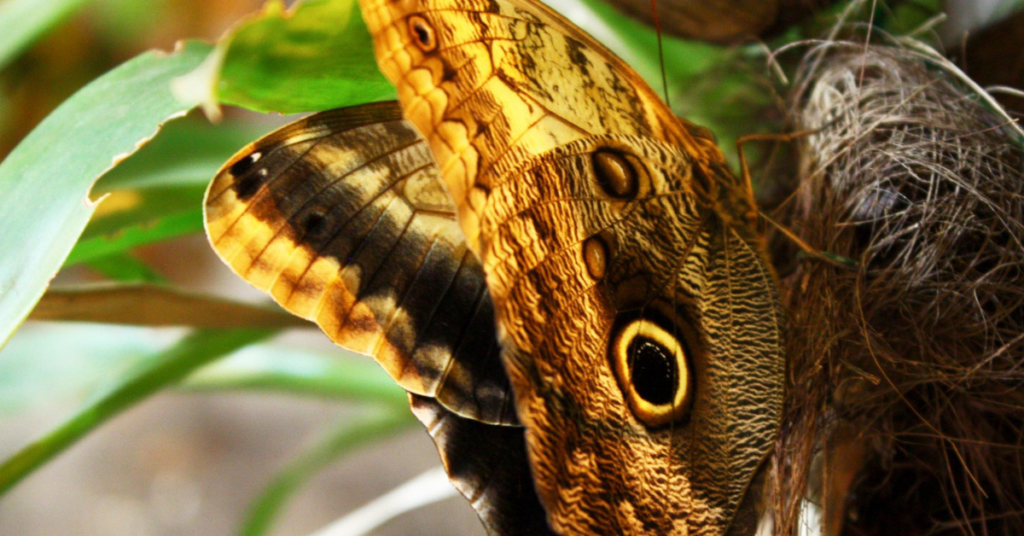Betta fish (Betta splendens) are one of the most fulfilling — and surprisingly character-rich — fish you can keep. Native to the tropical, gentle shallows of Southeast Asia (think rice paddies and slow-moving streams), they’re adapted for surface breathing thanks to a unique labyrinth organ, which lets them gulp air when oxygen levels are low.
Bettas display vivid hues and graceful fins, but they also need suitable care: a heated, gently filtered tank (5+ gallons is a more considerate minimum), stable warm water (around 76–81°F), and optimal water conditions to thrive. They’re carnivores that do best on a nutrient-dense diet, enjoy cognitive enrichment (some recognize their owners), and males are notably territorial — often building bubble nests as part of instinctive reproductive habits.
With consistent care, good water management, and a quiet, stimulating habitat, many bettas live well beyond the outdated small-bowl notion and can reach 3–5 years or more.
Table of Contents
ToggleWhat is a Betta Fish?
Betta Fish, scientifically known as Betta splendens, are freshwater fish native to the rice paddies, canals, and floodplains of Thailand, Cambodia, Vietnam, and Laos. Also known as Siamese fighting fish, they are famous for their aggressive behaviour – especially among males.
Their stunning appearance, ease of care, and adaptability make them an ideal choice for aquarium enthusiasts. Over the years, selective breeding has given rise to a wide array of colours and fin types, from the majestic Crowntail to the elegant Halfmoon Betta.
Betta Fish Habitat & Natural Environment
In the wild, Betta Fish thrive in warm, shallow, slow-moving waters rich in vegetation. These environments are typically low in oxygen, which is why Betta Fish have developed a special respiratory organ known as the labyrinth organ. This allows them to breathe atmospheric air, making them unique among many freshwater species.
Ideal Water Conditions
To replicate their natural environment, aim for the following tank conditions:
- Water temperature: 24°C – 28°C (75°F – 82°F)
- pH level: 6.5 – 7.5
- Water hardness: Soft to moderately hard
- Tank size: Minimum 5 gallons
While many assume Betta Fish can live in small bowls, a proper tank with a heater and filtration system significantly improves their health and lifespan.
Setting Up a Betta Fish Tank
A well-planned aquarium is essential for your Betta Fish to thrive. Here’s how to set one up:
1. Choose the Right Tank
A common myth is that Betta Fish prefer tiny containers. In reality, they need space to swim and explore. A 5-gallon tank is the minimum, but bigger is always better.
2. Use a Heater and Filter
Betta Fish are tropical and require warm water. A reliable aquarium heater helps maintain a stable temperature. Use a gentle filter – Betta Fish don’t like strong currents.
3. Add Plants and Decor
Live or silk plants, caves, and hiding spots help mimic a natural setting and reduce stress. Avoid sharp objects that may tear their delicate fins.
4. Cycle the Tank
Before adding your Betta Fish, ensure the tank is cycled. This process establishes beneficial bacteria to manage ammonia and nitrite levels.
Betta Fish Diet & Feeding Tips
Feeding your Betta Fish a balanced and varied diet is crucial. They are carnivores and need protein-rich foods.
Recommended Foods:
- Betta-specific pellets
- Frozen or live bloodworms
- Daphnia
- Brine shrimp
Feed small portions 1–2 times daily, and avoid overfeeding. Uneaten food can quickly pollute the water, leading to health issues.
Betta Fish Behaviour & Personality
Betta Fish are curious and interactive. They often recognise their owners and may even “beg” for food. However, male Betta Fish are territorial and should not be kept together. Female Bettas can sometimes coexist in a group (called a sorority), but this setup requires careful monitoring and space.
You may notice your Betta flaring its gills – a behaviour used to establish dominance or respond to a perceived threat. They may also build bubble nests, which is a sign of contentment and readiness to breed.
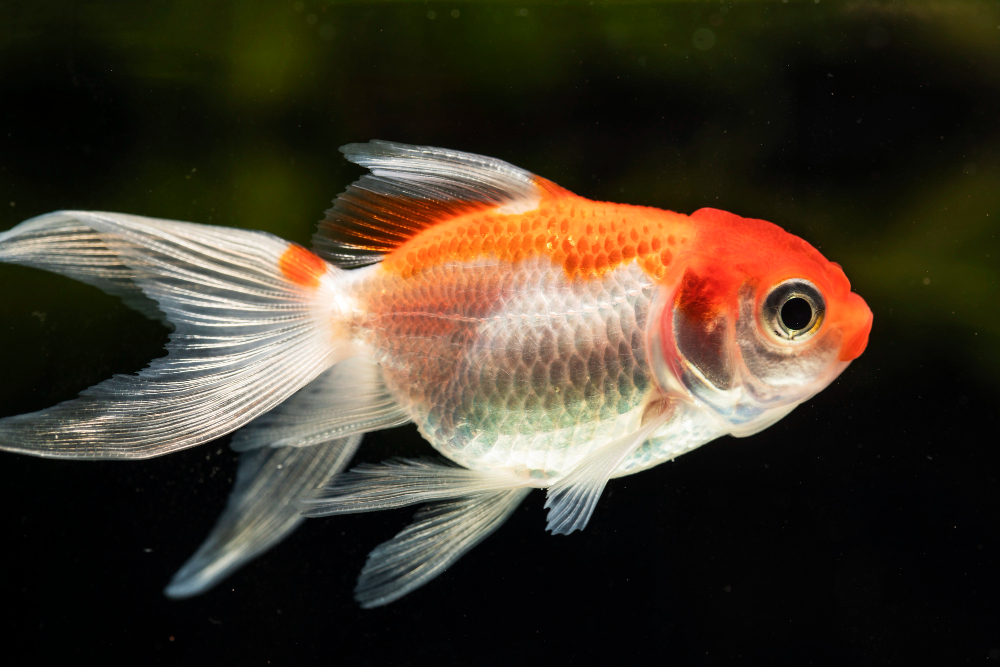
Breeding Betta Fish
Breeding Betta Fish is a rewarding but challenging experience. Here’s a simplified process:
- Select a healthy male and female.
- Place them in separate tanks or use a divider.
- Introduce the female gradually and monitor their interaction.
- Once ready, the male will build a bubble nest.
- After spawning, remove the female to prevent aggression.
- The male will care for the eggs until they hatch.
Raising Betta fry requires patience, proper nutrition, and careful water management.
Cleaning and Maintenance
To keep your Betta Fish healthy, regular tank maintenance is essential:
- Perform 25–30% water changes weekly.
- Clean the substrate with a siphon.
- Rinse filter media in tank water (never tap water).
- Monitor water parameters regularly with a test kit.
Clean environments help prevent diseases such as fin rot, ich, and velvet – all of which Betta Fish are prone to if neglected.
Common Health Issues in Betta Fish
Despite being hardy, Betta Fish can suffer from several health problems if not properly cared for:
- Fin Rot: Caused by poor water quality; fins appear ragged.
- Ich: A parasite resulting in white spots on the body.
- Swim Bladder Disorder: Difficulty swimming or floating, often caused by overfeeding.
- Velvet: A gold dust-like appearance on the skin, caused by parasites.
Quarantine new fish or decorations and maintain optimal water conditions to prevent illness.
Fun & Fascinating Betta Fish Facts
- Betta Fish can live up to 3–5 years with proper care.
- They can recognise human faces and learn simple tricks.
- Some Bettas enjoy playing with toys or mirrors (briefly!).
- Male Bettas are known for their elaborate mating dances and nest-building.
- There are over 70 recognised Betta Fish varieties in terms of tail shape and colouration.
Is a Betta Fish Right for You?
Keeping a Betta Fish is a fulfilling experience. With their vivid beauty, unique behaviours, and relatively simple care requirements, they’re perfect companions for responsible aquarists. However, their well-being depends heavily on the environment and attention you provide.
Make sure to research, prepare your tank properly, and monitor your Betta Fish regularly to ensure it thrives in your care. This guide is your starting point for a long, rewarding relationship with one of nature’s most stunning freshwater creatures.
Always name your Betta Fish – it makes bonding more fun! Whether you go with something bold like “Blaze” or gentle like “Luna,” your Betta Fish will soon feel like a part of the family.

